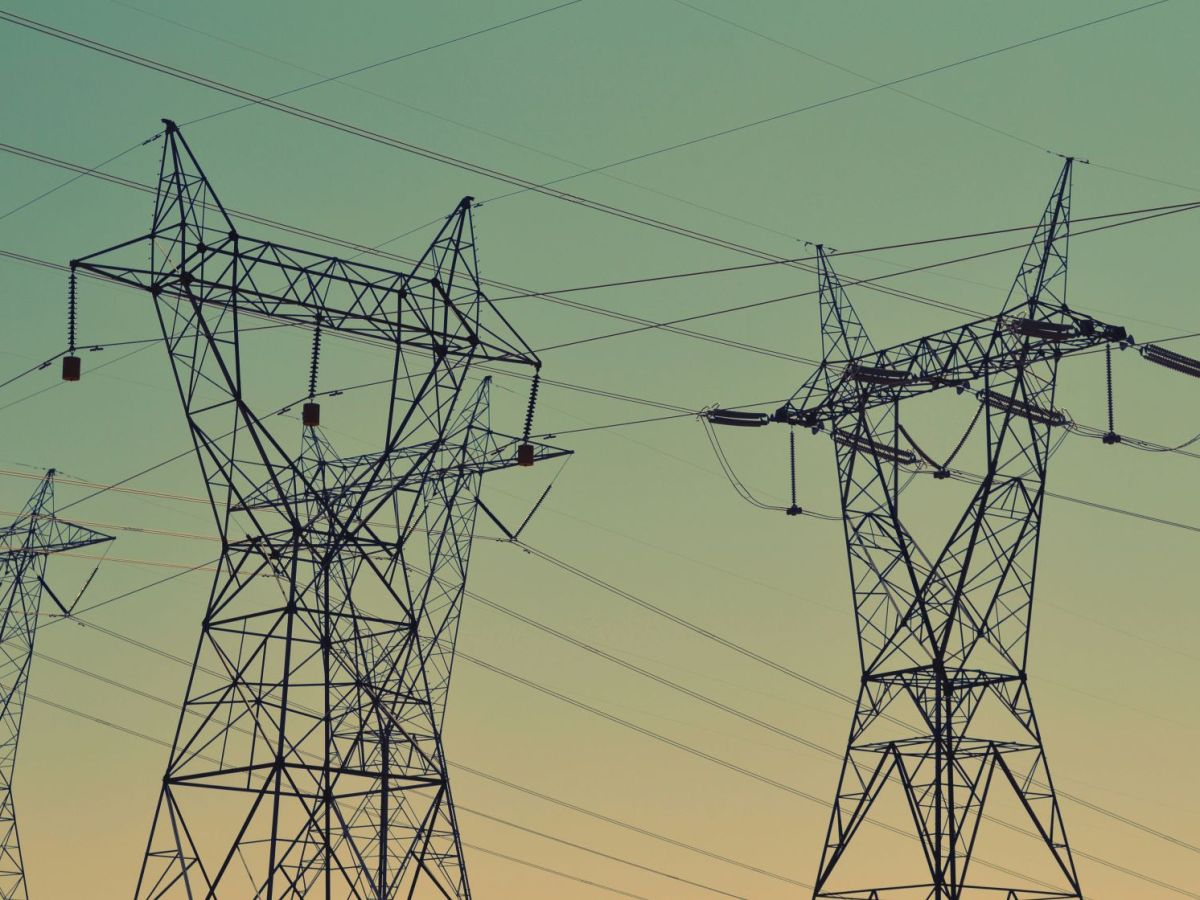Joan Groizard assured, however, that the idea is not to eliminate “the contribution of nuclear energy to the electricity matrix all at once”.
There is a gradual closure schedule between 2027 and 2035, Groizard explained in a podcast, in which he insisted that there is “no type of negotiation or open dialogue” with companies to extend the useful life of these plants.
The closure plan was signed in 2019, as part of Spain’s National Energy and Climate Plan, by the four companies that own the facilities: Iberdrola, Endesa, Naturgy and Portugal’s EDP, and this is the scenario that remains on the table, he stressed.
“Today, we are told that [nuclear energy] is not competitive, which is why they have not requested an extension,” Groizard said.
He indicated that the companies want a tax reduction: “And that we all pay part of the costs of decommissioning and waste management.”
The government responded that it will not pass on the costs to the general public, Groizard continued, pointing out that the rates currently imposed by the state on nuclear power plants “are exactly the same as in 2019,” which means that the tax framework has remained unchanged.
At the end of last month, the Spanish government had stated that it was willing, under certain conditions, to review the timetable for the closure of nuclear power plants, including the one in Almaraz, near the border with Portugal, at the request of the main Spanish electricity groups.
In a letter addressed to the chairmen of the boards of directors of Iberdrola and Endesa, to which the Spanish daily El País had access, the Spanish Minister for Ecological Transition, Sara Aagesen, stated that she was willing to reopen the debate on the planned closure date for several power plants in the country, decided in 2019.
In June, Iberdrola and Endesa had proposed, in a letter to the minister, a review of the closure schedule for nuclear power plants, particularly the Almaraz plant, which was due to close in 2028.
The timetable was criticised by nuclear advocates, who intensified their criticism following the Iberian blackout on 28 April, calling for a review of the timetable due to an alleged risk to the country’s electricity supply.
In a message on the Bluesky social network, Labour Minister Iolanda Diaz, from the radical left-wing Sumar party, which is part of the coalition led by socialist Pedro Sánchez, reiterated her opposition to any revision of the schedule.
"Extending the life of nuclear power plants goes against the government’s ecological transition plan and the implementation of renewables. Spain closed this debate years ago and the closure deadlines are very clear. We will not allow it," she warned.
At the height of nuclear energy use in the 1980s, Spain had eight nuclear power plants, which supplied 38% of the country’s electricity. Today, it has only five, with seven nuclear reactors, which account for 20% of its electricity.










